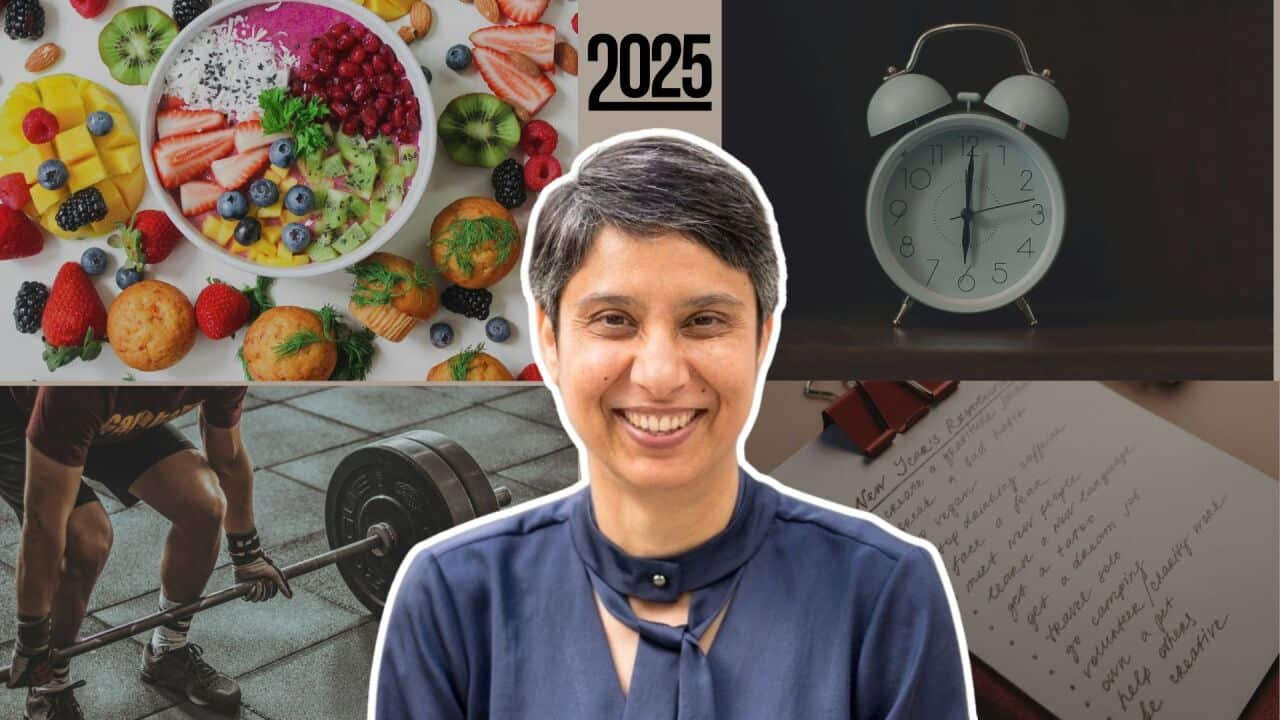Key Points
- After living in Australia for 15 years, Navninder Kaur and Vikramjit Singh have been told to leave the country by September 30 or face deportation
- The couple says the issue stems from an incomplete visa application submitted on their behalf by a man posing as an immigration lawyer
- An online signature campaign was launched to raise awareness and support for the couple’s appeal to Immigration Minister Andrew Giles
Navninder Kaur and her husband Vikramjit Singh live in Goolwa, a small town in regional South Australia, where they previously ran an Indian restaurant for more than four years.
However, the couple have been told they must leave the country by September 30 or be deported after their third application for a ministerial intervention was rejected last month.
According to letters seen by SBS Punjabi, their skilled visa applications were rejected by the Department of Home Affairs due to a lack of evidence to show that an impartial recruitment process was carried out before Ms Kaur was employed as a cook at the restaurant where Mr Singh was a director.
However, Ms Kaur maintains they have proper documentation to support her claim of fair recruitment, only their immigration lawyer failed to provide it to the department within the required 28 days.
They now have less than five weeks in which to convince the government they should be allowed to stay.
More than 37,000 people have signed the couple's online petition calling on Immigration Minister Andrew Giles to intervene.
In addition, Ms Kaur says they have also received letters of support from MP Rebekha Sharkie and local mayor Keith Parkes.
.jpeg?imwidth=1280)
Navninder Kaur and Vikramjit Singh with their rescued animals. Credit: Supplied
'Hurdles before and after'
Ms Kaur arrived in Australia on a student visa in 2007 to study a TAFE course and transitioned through different courses in order to qualify for permanent residency.
Early on she met Mr Singh, who had been living in Australia since 2006.
In 2014, Ms Kaur alleges a man posing as an immigration lawyer promised to lodge an application for a permanent skilled visa application on her behalf.
“My student visa was expiring in August 2014 when I met an immigration lawyer through a friend to explore my options of a permanent residency pathway.”
“He took $30,000 before lodging a 457 visa on my behalf prior to the expiry of my student visa.”

Navninder Kaur with her husband Vikramjit Singh. Credit: Supplied
A few months later, Ms Kaur says she managed to get in touch with the same lawyer, who advised her to lodge an application for a protection visa.
“Having no other choice we decided to follow the path and lodged the protection visa application in 2015. Later we realised that my experience and skill set also made me eligible for state sponsorship,” she says.
Ms Kaur says she discussed her case with another migration agent and decided to apply for a visa through the regional sponsored migration scheme (RSMS).
It was then that the couple moved to Goolwa, where they opened a restaurant together.
In 2019, they learned that their RSMS visa application had been rejected, which Ms Kaur claims was due to their lawyer failing to provide all the required documents.
The uncertainty is the most stressful thing for us.Navninder Kaur
Due to their uncertain visa situation, Ms Kaur and Mr Singh were forced to close their restaurant last year.
While on a bridging visa, Ms Kaur obtained her qualifications and began working in aged care.
She says they placed their trust in the immigration layers, but now face an uncertain future.
“Australia has been my home since I was 18 years old and we also have a fur family that we rescued from the animal shelter.”
“If deported, we are not sure what would happen to all of them,” she says.
.jpeg?imwidth=1280)
While on a bridging visa, Navninder Kaur obtained her qualifications to start working in the aged care sector. Credit: Supplied
In a statement provided to SBS Punjabi, Mr Glazbrook says, “I am not sure if she will be granted a permanent visa from the Government, however, it would be the terrific outcome if she could get a temporary visa to allow her to continue her study in nursing and apply for a permanent visa.”
While it is extremely difficult and challenging to attract people to move to regional areas to address unprecedented workforce challenges, it seems counterintuitive to deport someone who is actively living and working in a critical sector in a regional area.
"We have been helping the family for a number of years now and will continue to do whatever we can to assist them," the statement says.
Ministerial intervention
In response to a query from SBS Punjabi, a spokesperson from the Department of Home Affairs said the department does not comment on individual cases.
The spokesperson explained what it takes to get ministerial intervention.
“The minister has personal intervention powers under sections 351 and 417 of the Migration Act 1958 that allow him to intervene in individual cases if the Minister thinks it is in the public interest.”
What is in the public interest is a matter for the Minister to determine.Department of Home Affairs spokesperson
“A ministerial intervention is not an extension of the visa process. A person is able to request intervention, however, the Minister cannot be compelled to exercise his powers,” says the departmental spokesperson.
Regarding avenues of recourse for vulnerable migrants who receive poor immigration advice, the spokesperson said:
"The Office of the Migration Agents Registration Authority (OMARA) is committed to safeguarding the integrity of the migration advice profession by taking action against registered migration agents (RMAs) whose conduct undermines the standards expected of the industry."






